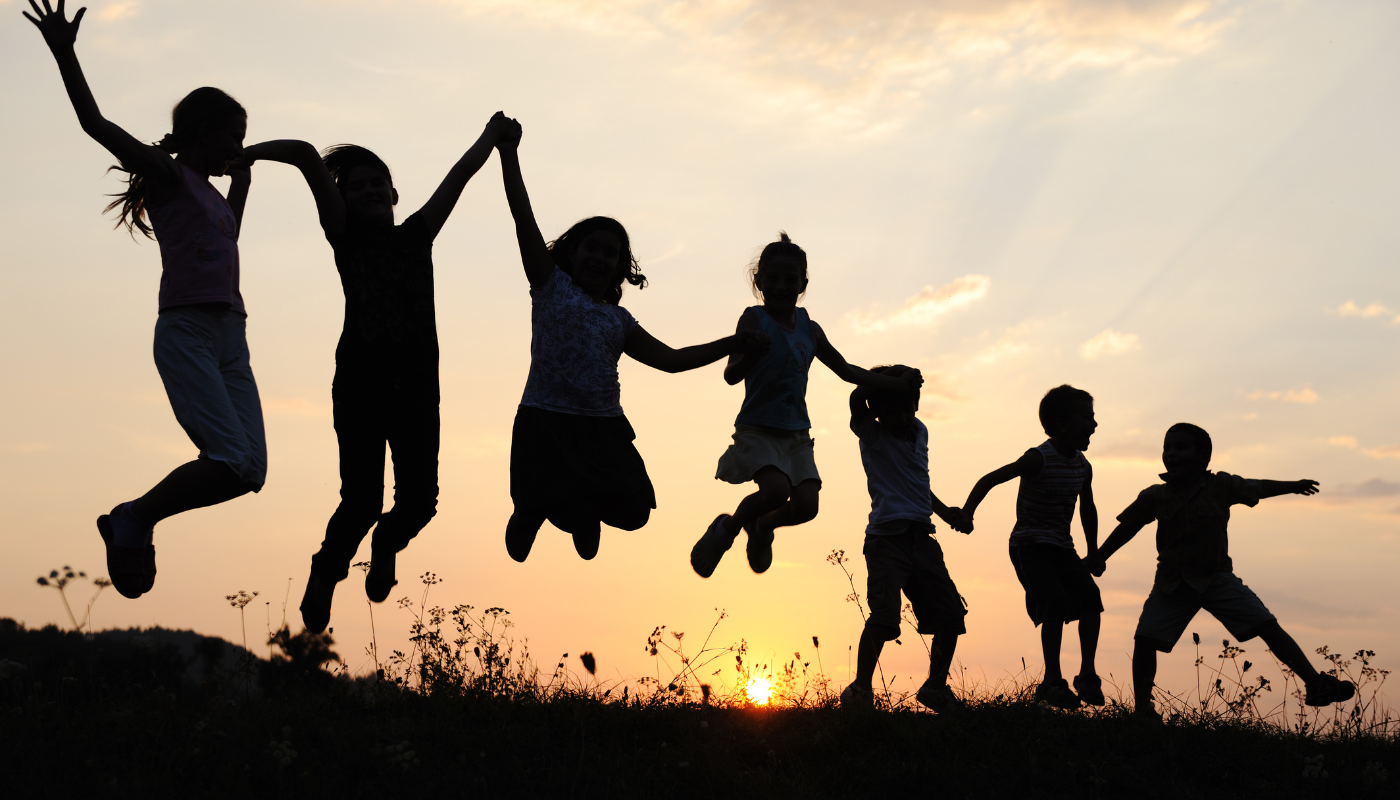
When Home Hurts: How to Support Children Affected by Domestic Abuse
Aug 03, 2025When we think about domestic abuse, we often focus on the adults involved—the survivor who is navigating pain, fear, and often isolation. But there’s another group deeply affected, often in silence: the children.
Even when they’re not the direct target, children who grow up in abusive homes carry emotional, spiritual, and developmental wounds that can follow them into adulthood. As friends, family, and caring adults, we have a vital role to play—not to rescue or fix, but to be a safe, consistent, and loving presence in a child’s healing journey.
The Reality: Abuse Reaches Little Hearts Too
More than 15 million children in the U.S. live in homes where domestic violence has occurred at least once.
— National Coalition Against Domestic Violence (NCADV)
Children exposed to abuse often struggle with:
- Emotional pain — anxiety, fear, sadness, or explosive behavior
- Developmental delays — difficulty learning, speaking, or socializing
- Spiritual confusion — fear of God, distrust of authority, distorted view of love
- Physical symptoms — trouble sleeping, headaches, or chronic stomachaches
- Long-term risk — higher likelihood of depression, substance use, or entering abusive relationships themselves
Download our one-page resource on children and abuse >>
These effects don’t always show up right away—but they are real, and they are serious.
What Children Need Most
If you’re wondering how you can help, start here: be a safe, steady adult. You don’t need a degree in counseling to make a difference. You just need compassion, patience, and a willingness to show up with love.
1. Safety
- Create a calm, nonjudgmental space.
- If a child shares something unsafe, don’t promise secrecy. Report if needed.
2. Stability
- Children thrive on routine.
- Keep your word. Be consistent—even small things like weekly meals or text check-ins help.
3. Gentle Listening
- Let them speak at their own pace.
- Say: “I’m so glad you told me.”
- Avoid: “It wasn’t that bad” or “Don’t say that about your parent.”
4. Spiritual Reassurance
- Share simple, truth-filled messages:
- “God sees you.”
- “You are loved.”
- “This is not your fault.”
- Pray with them if appropriate, or remind them they can talk to God anytime.
5. Validation
- Let them know their feelings make sense.
- Remind them that fear or sadness doesn’t make them weak—it means they’re human.
What Not to Do
Sometimes, even well-meaning support can unintentionally cause more confusion or harm. Avoid:
- Pressuring them to share details
- Talking negatively about the abusive parent (this can cause inner conflict)
- Overpromising what you can’t deliver
- Assuming healing will be fast or linear
Scripture to Anchor Children In
“He will cover you with his feathers, and under His wings you will find refuge.”
— Psalm 91:4
“Let the little children come to Me… for the kingdom of heaven belongs to such as these.”
— Matthew 19:14
Children need to know God is not like the person who hurt them. He is safe, protective, and always present.
Small Steps Matter
You may not be able to change a child’s home environment—but you can influence how they see themselves, God, and the world around them. One safe adult can be the difference between despair and hope.
- Offer a ride.
- Drop off a meal.
- Be a peaceful place to land after school.
- Encourage the non-abusive parent.
- Learn more so you can help without harm.
You Can Be a Steady Light
Children don’t need you to be perfect. They need you to be present.
Let’s build a world where every child—especially those growing up in hard places—knows they are seen, loved, and never alone.




